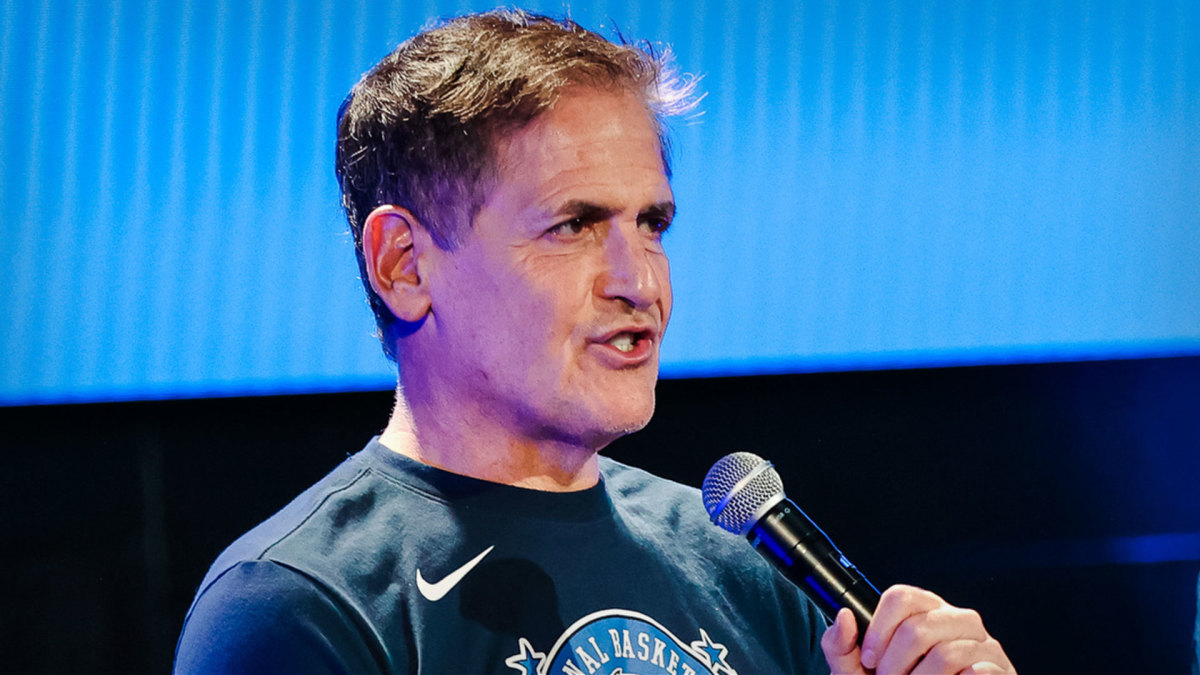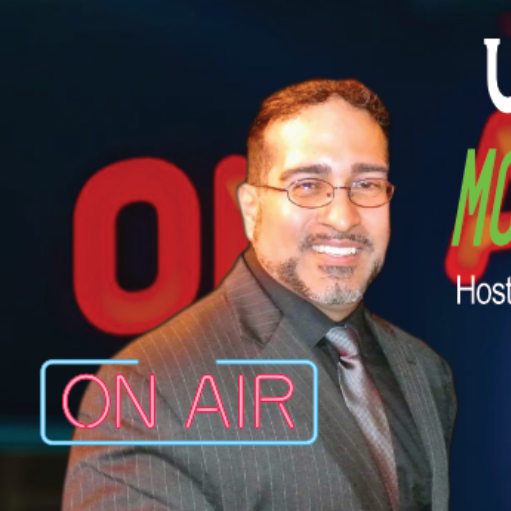President Donald Trump shook the whole nation after he recently enforced a bold new set of tariffs on foreign goods.
Tariffs are taxes companies pay to import goods from overseas, and the extra cost is often passed down to consumers through price increases.
💵💰Don’t miss the move: Subscribe to TheStreet’s free daily newsletter 💰💵
Last month, Trump imposed 20% tariffs on all goods imported from China and 25% tariffs on all goods imported from Mexico and Canada.
Related: Target makes controversial move to dodge high tariff costs
However, on April 2, which Trump marked as “Liberation Day,” he imposed a 10% “baseline” tariff on all countries importing goods to the U.S. in an effort to free the nation from its reliance on imported goods.
Most notably, he also raised tariffs on imports from China to 34%. He also added 20% tariffs on imports from the EU, 46% on those from Vietnam, 32% on those from Taiwan, and 24% on those from Japan. These are some of the top countries from which the U.S. imports.
Shortly after the announcement, the U.S. stock market lost roughly $3.1 trillion in market value, its largest decrease since March 2020.
Ahead of this latest round of tariffs, many popular retailers such as Walmart, Best Buy, and Costco have warned investors that tariffs may force them to raise prices in stores. This move could hurt sales, since many consumers are already battling inflation and a higher cost of living.
 Billionaire Mark Cuban is seen speaking to an audience.
Billionaire Mark Cuban is seen speaking to an audience.
Dallas Mavericks
Mark Cuban has blunt advice for consumers on tariffs
In light of these concerns, billionaire investor Mark Cuban took to social media platform Bluesky to warn his 1.4 million followers that they should start panic-buying goods to prepare for price hikes.
“It’s not a bad idea to go to the local Walmart or big box retailer and buy lots of consumables now,” said Cuban. “From toothpaste to soap, anything you can find storage space for, buy before they have to replenish inventory. Even if it’s made in the USA, they will jack up the price and blame it on tariffs.”
Related: Walmart makes unexpected move to minimize threat of tariffs
During times of uncertainty and disaster, American consumers have shown that they are capable of wiping store shelves clean of essential products such as water, food, toilet paper, paper towels, etc., to prepare for the unknown.
The last time Americans resorted to panic buying was during the Covid pandemic in 2020, when the nation put measures in place to slow the spread of the virus. Physical and online retailers were drained of cleaning supplies, certain food items, and of course, toilet paper.
Consumers are already taking drastic measures
Over the past few months, consumers have already been restricting their spending amid the looming threat of tariffs and other macroeconomic pressures.
In January, consumer spending in the U.S. decreased by 0.2%, the first decline in two years, after it spiked by 0.8% in December, according to the U.S. Department of Commerce’s Bureau of Economic Analysis.
More Retail:
- AT&T quietly issues stern warning to customers
- Sam’s Club makes a big change to a beloved membership perk
- GameStop announces risky move amid store closures
Despite the recent decline in consumer spending, the National Retail Federation is predicting that retail sales this year will increase by $5.42 trillion and $5.48 trillion.
Jack Kleinhenz, chief economist of the National Retail Federation, said in a recent press release that although consumer confidence is shrinking, he doesn’t expect consumer spending to rapidly decrease this year.
“Any way you look at it, a lot is riding on the consumer,” said Kleinhenz. “While we do expect slower growth, consumer fundamentals remain intact, supported by low unemployment, slower but steady income growth, and solid household finances. Consumer spending is not unraveling.”
Related: Veteran fund manager unveils eye-popping S&P 500 forecast
